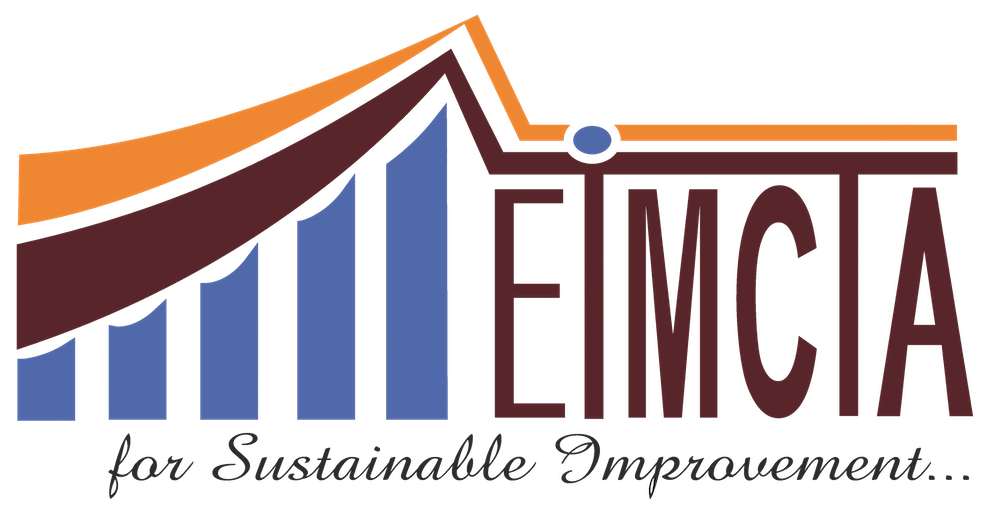Food and Hygiene Officer training prepares individuals for roles responsible for ensuring compliance with food safety and hygiene standards in various settings, such as restaurants, food manufacturing facilities, and retail establishments. Here an outline of what such training might cover:
Introduction to Food Safety and Hygiene: Participants are introduced to the importance of food safety and hygiene in preventing foodborne illnesses and ensuring public health. They learn about the risks associated with poor food hygiene practices and the impact on consumer confidence.
Regulatory Framework: Training covers relevant food safety regulations, standards, and guidelines that govern food handling, preparation, and storage. This includes:
· National and local food safety laws and regulations.
· Industry-specific standards such as Hazard Analysis and Critical Control Points (HACCP) or ISO 22000.
· Good Manufacturing Practices (GMP) or Good Hygiene Practices (GHP) requirements.
Roles and Responsibilities: Participants learn about the roles and responsibilities of Food and Hygiene Officers, including:
· Conducting inspections of food establishments to ensure compliance with food safety regulations.
· Investigating complaints related to food safety and hygiene.
· Providing education and guidance to food handlers and operators on best practices for food safety and hygiene.
Microbiological Hazards: Training covers common microbiological hazards that can contaminate food and cause foodborne illnesses, including:
· Bacteria (e.g., Salmonella, Escherichia coli).
· Viruses (e.g., norovirus, hepatitis A).
· Parasites (e.g., Cryptosporidium, Trichinella).
· Fungi (e.g., mold, yeast).
Physical and Chemical Hazards: Participants learn about other types of hazards that can affect food safety, including:
· Physical hazards such as glass, metal, or plastic fragments.
· Chemical hazards such as pesticides, cleaning agents, and food additives.
Food Handling Practices: Training covers best practices for handling food safely throughout the food supply chain, including:
· Receiving and storing food at appropriate temperatures.
· Preventing cross-contamination between raw and cooked foods.
· Cooking foods to proper temperatures to kill pathogens.
· Cooling and reheating foods safely.
Cleaning and Sanitizing Procedures: Participants learn about the importance of cleaning and sanitizing food contact surfaces, equipment, and utensils to prevent contamination. This includes:
· Proper cleaning procedures.
· Selection and use of appropriate cleaning agents and sanitizers.
· Frequency of cleaning and sanitizing activities.
Allergen Management: Training addresses the risks associated with food allergens and the importance of allergen management in preventing allergic reactions. Participants learn about:
· Common food allergens (e.g., peanuts, tree nuts, dairy, gluten).
· Preventing cross-contact between allergens and non-allergenic foods.
· Labeling requirements for allergenic ingredients.
Inspection Techniques and Reporting: Participants learn how to conduct inspections of food establishments effectively, including:
· Conducting risk-based inspections to prioritize high-risk establishments.
· Identifying violations of food safety and hygiene regulations.
· Documenting inspection findings and preparing inspection reports.
Communication and Education: The training program emphasizes the importance of effective communication and education in promoting food safety and hygiene practices, including:
· Communicating inspection findings to food establishment operators.
· Providing education and training to food handlers and operators on best practices for food safety and hygiene.
· Engaging with the community to raise awareness of food safety issues and promote consumer confidence.
By completing Food and Hygiene Officer training, individuals gain the knowledge and skills necessary to enforce food safety and hygiene regulations, conduct inspections, and promote best practices in food handling and preparation to protect public health and ensure the safety of the food supply.
